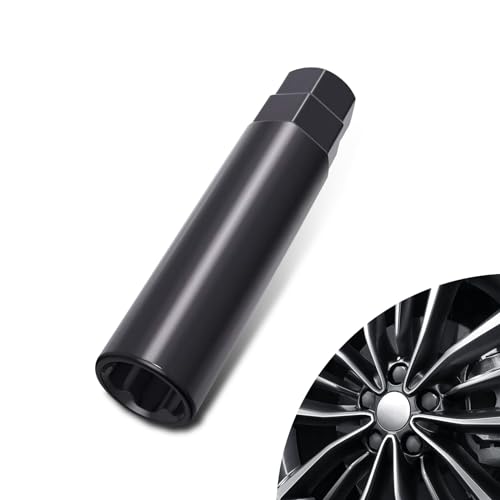As a new Spark EV owner I am still trying to decide whether to take advantage of the free Bosch charger offer or not.
A friend of mine who has a Nissan Leaf said that he had read somewhere that when charging from a 110V charger you "lose" 2-3% of the electricity, but when charging from a 220V charger you lose 11% of the electricity. This is his reason for passing on a 220V charger and making do with 110V. Can anyone confirm that this is accurate?
I have had my Spark for about a month, and since I only use it to run errands in town I haven't had a problem with the slow charge. I have been topping it off overnight every 3-4 days. I'm not feeling the need to pay an electrician $$$ to install the "free" Bosch unit.
A friend of mine who has a Nissan Leaf said that he had read somewhere that when charging from a 110V charger you "lose" 2-3% of the electricity, but when charging from a 220V charger you lose 11% of the electricity. This is his reason for passing on a 220V charger and making do with 110V. Can anyone confirm that this is accurate?
I have had my Spark for about a month, and since I only use it to run errands in town I haven't had a problem with the slow charge. I have been topping it off overnight every 3-4 days. I'm not feeling the need to pay an electrician $$$ to install the "free" Bosch unit.


























![Turcee Compatible for MagSafe Car Mount for iPhone,[2024 New Upgrade] Car Vent 360° Rotation Magnetic Car Mount,Cell Phone Holder for MagSafe iPhone 12 13 14 Pro Max/All Smart Phones(Black)](https://m.media-amazon.com/images/I/51pBoxE8TWL._SL500_.jpg)